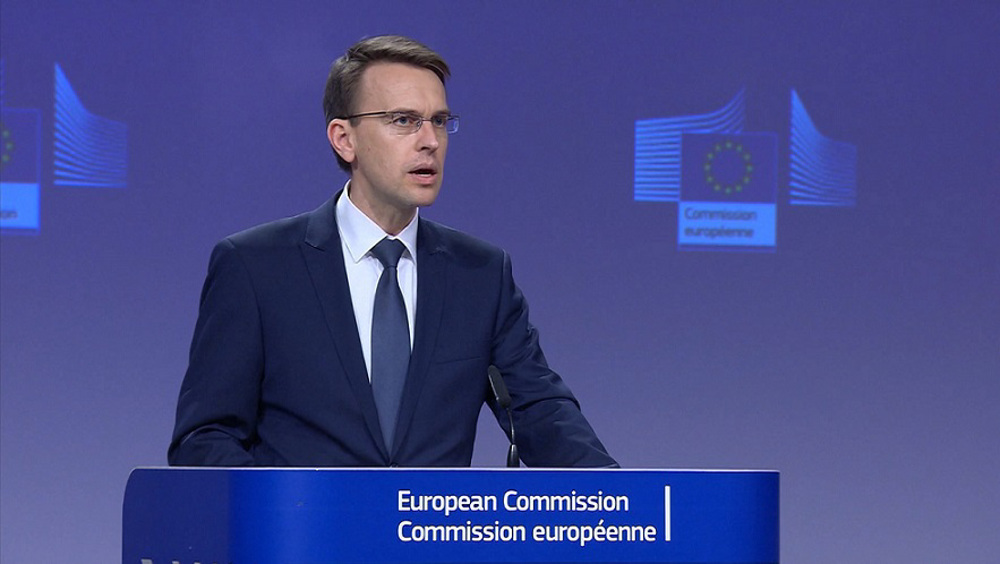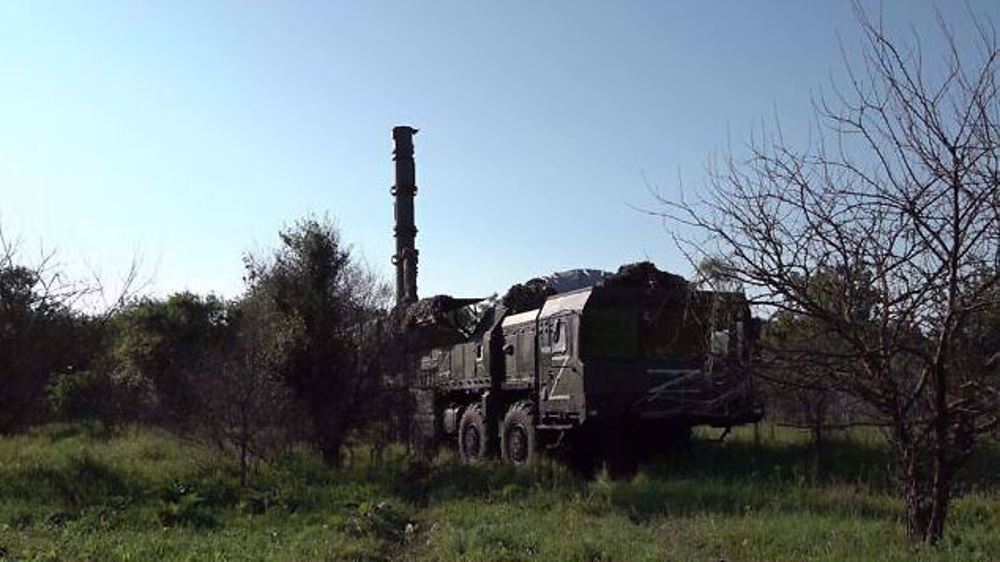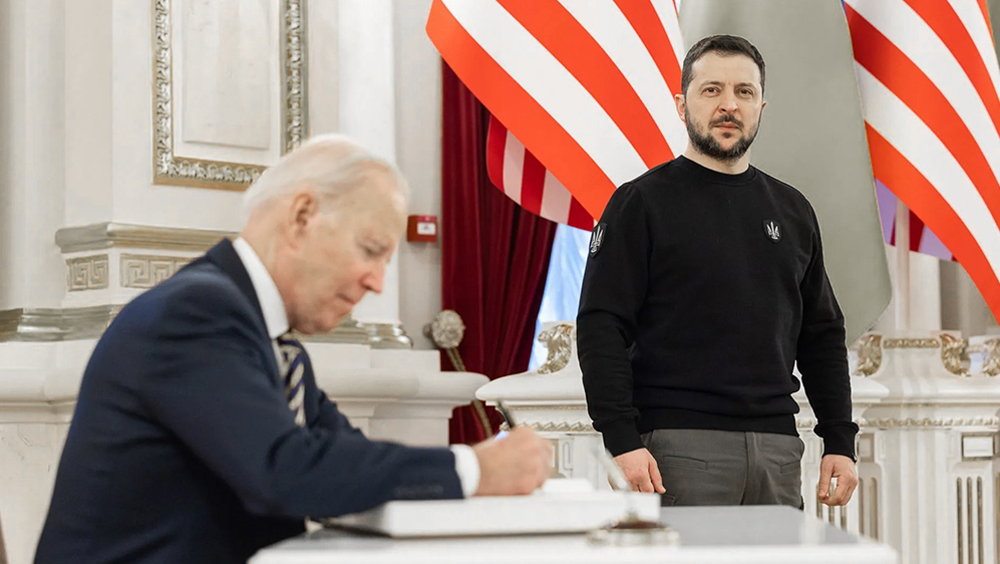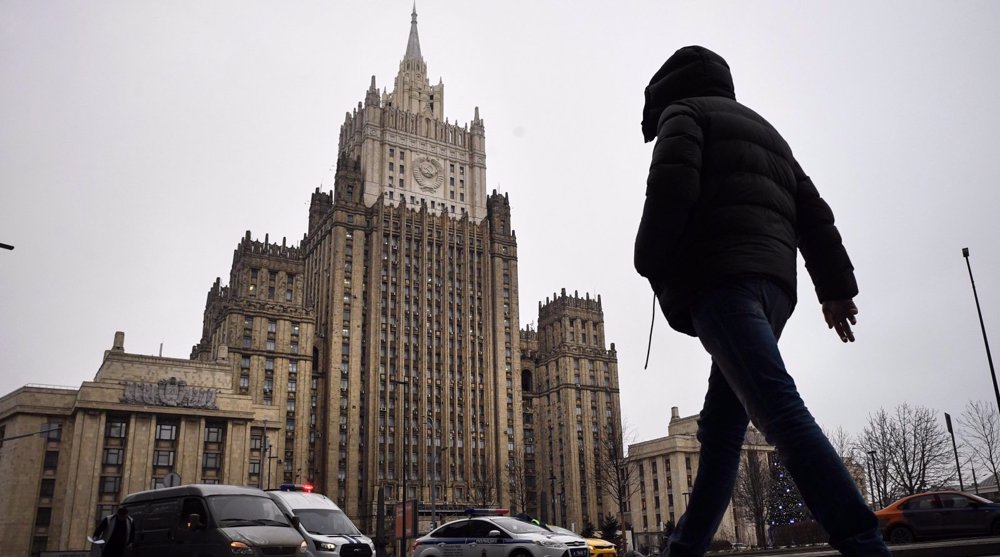EU summons Russian ambassador to protest Moscow’s retaliatory sanctions
The European Union has summoned the Russian ambassador to denounce Moscow’s decision to impose an entry ban on eight EU officials.
EU spokesman Peter Stano said at a press conference that the ambassador was to meet senior officials from the European Commission on Monday and the bloc’s diplomatic service later in the day.
“The Russian ambassador has been summoned, he should be received in the afternoon by the secretary-general of the European Commission and of the European External Action Service, where we will convey to him strong condemnation and objection.”
The Kremlin has barred entry to eight officials from the EU - including European Parliament President David Sassoli and commission vice-president Vera Jourova - in retaliation for sanctions from the bloc over allegations including the jailing of opposition figure Alexei Navalny.
Moscow has time and again warned the EU not to interfere in its domestic affairs and denies any wrongdoing.
The EU had imposed sanctions in March against two Russians in the southern Russian region of Chechnya. It had also imposed sanctions on four senior Russian officials close to President Vladimir Putin.
Elsewhere in his remarks on Monday, Stano alleged that Moscow’s sanctions against the bloc were “obviously very politically motivated and lack any legal justification.” He also said the EU would convey to the Russian envoy “strong condemnation and rejection of this decision.”
In a joint statement on Friday, European Commission head Ursula von der Leyen, European Council boss Charles Michel and Sassoli had lambasted Moscow's measures as “groundless” and had threatened “to take appropriate measures in response.”
Tensions between the EU and Moscow have surged over Ukraine, Navalny, and retaliatory expulsions of diplomats involving a number of EU members state.
The European Union will likely consider its next steps against Russia at a meeting of EU foreign ministers scheduled to be held next week. It might also look to the Council of Europe, a non-EU body of which Russia is a member, for finding ways to react to what Brussels claims to be Russia’s continued rights abuses.
VIDEO | Former FBI agent criticizes US Congress for 'outright corruption'
IRGC chief urges Muslim countries to cut aid routes to Israel
'New chapter in cooperation': Iran, Venezuela sing new MoUs
Jordan sentences former lawmaker for supporting Palestinian resistance
Basij volunteer forces hold massive drills in southwestern Iran
Israeli war criminals 'not welcome', US city says after ICC ruling
US vetoing of Gaza ceasefire resolution ‘disgraceful’: Iran’s UN envoy
VIDEO | IAEA adopts anti-Iran resolution tabled by E3











 This makes it easy to access the Press TV website
This makes it easy to access the Press TV website